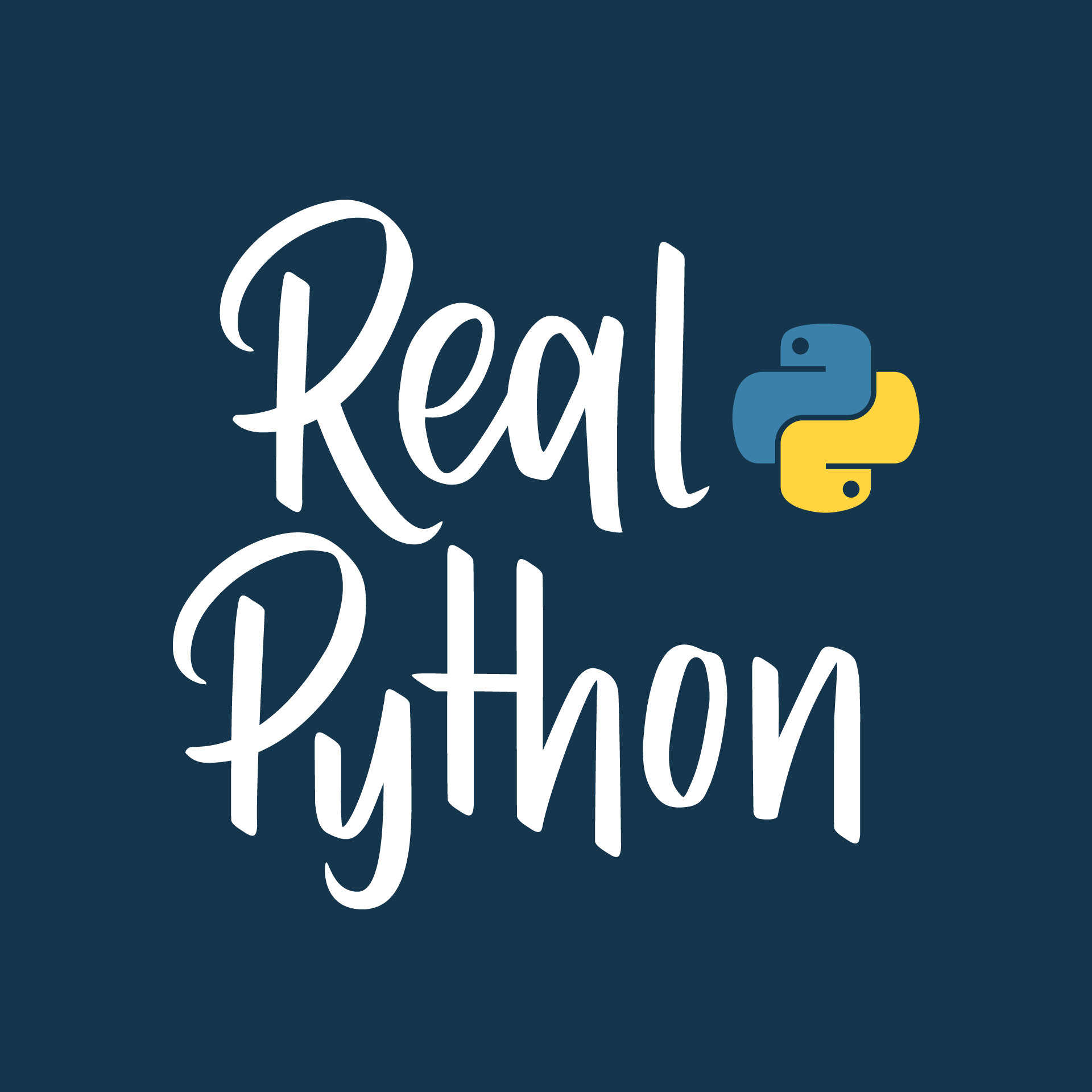
Shownotes Transcript
Have you thought about contributing to an open-source Python project? What are possible entry points for intermediate developers? Christopher Trudeau is back on the show this week, bringing another batch of PyCoder’s Weekly articles and projects.
We discuss a recent article by Stefanie Molin called “5 Ways to Get Started in Open Source.” Christopher shares his experience with suggesting features and potential bug fixes. We talk about common entry points for beginners and provide additional resources.
We cover a recent Real Python tutorial about creating QR codes with Python. The tutorial introduces the library Segno and tours the features. By working through the examples, you’ll be ready to build a QR code project yourself.
We also cover several other articles and projects from the Python community, including a couple of release announcements, an introduction to Python’s functools module, Hatch as an alternative for packaging, options for when NumPy is too slow, a simple diceware generator project, and a collection of machine learning recipes.
Course Spotlight: Caching in Python With lru_cache)
Caching is an essential optimization technique. In this video course, you’ll learn how to use Python’s @lru_cache decorator to cache the results of your functions using the LRU cache strategy. This is a powerful technique you can use to leverage the power of caching in your implementations.
Topics:
00:00:00 – Introduction
00:02:04 – 2023 Django Developers Survey
00:02:36 – Python 3.12.0 Release Candidate 2 Available
00:03:04 – Pandas 2.1.0 Released
00:03:27 – PEP 713: Callable Modules - Rejected
00:04:52 – Generate Beautiful QR Codes With Python
00:10:17 – Introduction to Python’s Functools Module
00:14:00 – Switching to Hatch
00:20:08 – Video Course Spotlight
00:21:27 – When NumPy is too slow
00:26:31 – 5 Ways to Get Started in Open Source
00:42:28 – nodice-cli: A simple diceware generator with no dependencies
00:44:32 – ML-Recipes: Collection of Machine Learning Recipes
00:47:00 – Thanks and goodbye
News:
Show Links:
Generate Beautiful QR Codes With Python) – In this tutorial, you’ll learn how to use Python to generate QR codes, from your standard black-and-white QR codes to beautiful ones with your favorite colors. You’ll learn how to format QR codes, rotate them, and even replace the static background with moving images.
Introduction to Python’s Functools Module) – This article introduces you to the functions in Python’s
functoolsmodule with real-world examples to help show you how and when to use each feature.Switching to Hatch) – Oliver used Poetry for most of his projects, but he recently tried out Hatch instead. This blog post covers what it took to get things going and what features he used, including how he ditched tox.
When NumPy is too slow) – NumPy is typically faster than plain Python for numeric calculations. What should you do when you find your NumPy-based code is too slow?
Discussion:
5 Ways to Get Started in Open Source) – This article shares ideas for finding and making your first open-source contribution, using examples from contributions the author has made to various projects.
Projects:
Additional Links:
Episode #157: Discussing Mojo & Improving Python Object-Oriented Programming)
Segno - Python QR Code and Micro QR Code encoder — Segno documentation)
Episode #125: Improve Matplotlib With Style Sheets & Python Async for the Web)
functools— Higher-order functions and operations on callable objects — Python documentation)tox)
Level up your Python skills with our expert-led courses:
Support the podcast & join our community of Pythonistas)
